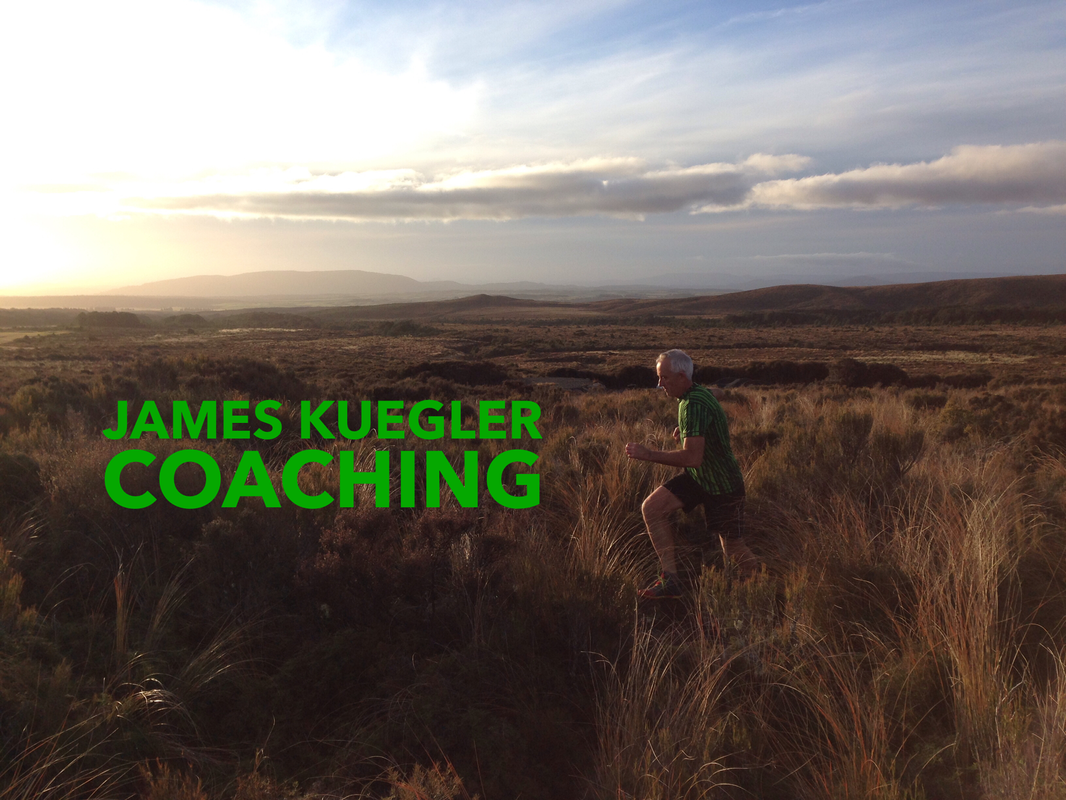Tips For Transitioning From The Road To The Trail
With more and more trail running races, we are seeing an ever increasing number runners dipping their toes into the mud, and running off-road.
Here are five tips for those wanting to transition seamlessly across to running on the trail.
Progressive Muscle Development.
When you run off-road there is a constantly changing underfoot environment. This requires a greater level of stabilisation by the small muscles of the foot, ankle, and leg. With this in mind, I suggest even though you might have been running on the road for months or years, there should be a progressive introduction to running off-road. The ability to run for 60min on-road, is not a great predictor for your ability to run off-road for 60min.
Here are five tips for those wanting to transition seamlessly across to running on the trail.
Progressive Muscle Development.
When you run off-road there is a constantly changing underfoot environment. This requires a greater level of stabilisation by the small muscles of the foot, ankle, and leg. With this in mind, I suggest even though you might have been running on the road for months or years, there should be a progressive introduction to running off-road. The ability to run for 60min on-road, is not a great predictor for your ability to run off-road for 60min.
Technique.
Whether chicken or egg, people who run off-road tend to have a faster leg turnover, greater heel lift and a more efficient running style which lends itself to being able to run efficiently and effectively on a variety of gradients and surfaces. I suggest dedicating some time and energy towards learning to run with a greater level of efficiency. As an added bonus, this will
also serve you well whilst running on-road.
Safety.
There are risk associated with running on remote trails that are not present when running on road. The question I encourage you to ask yourself when you head for the trail is:
"If I were to (insert physical injury) how long would I be here before I saw someone stumbled across me"
The answer should define your pre-run precautions as well as the gear that you carry.
For more information on trail running safety click here.
Shoe Selection.
The human foot has 26 bones, 33 joints and is one of the areas of the body with highest concentration of nerve endings. Anthropologically, the human foot has evolved to adapt to a constantly changing environment and provide neurological (feed forward and) feedback to rapidly adjust where you are in space. As mentioned above, running off-road is exactly that, a constantly changing environment with a great requirement for muscle stabilisation. With this in mind, I suggest that when looking for a shoe to run off-road, you want a shoe that is:
- shaped like the foot
- flexible
- as close to the ground as you can handle
I also suggest that you vary the shoes that you wear as much as possible. For more information, read here
Joint Mobility / Muscle Flexibility.
The absence of symptoms is not an indication of efficiency. In order to be an efficient athlete/human it is important to have appropriate strength, a consciousness of efficient movement patterns, flexible muscles and mobile joints. If you want to move efficiently, now and into the future, I suggest that you need to have all four ducks in a row. Many a runners has only come to this conclusion once they are struck down by [insert debilitating overuse running injury]. I suggest you focus some of your daily attention on joint mobility and muscle flexibility at home with a foam roller, baseball, and your own body. Beyond that, and/or for the less compliant I suggest a combination of Chiropractic/Osteopathy and Pilates/Yoga/Massage/Physiotherapy.
Whether chicken or egg, people who run off-road tend to have a faster leg turnover, greater heel lift and a more efficient running style which lends itself to being able to run efficiently and effectively on a variety of gradients and surfaces. I suggest dedicating some time and energy towards learning to run with a greater level of efficiency. As an added bonus, this will
also serve you well whilst running on-road.
Safety.
There are risk associated with running on remote trails that are not present when running on road. The question I encourage you to ask yourself when you head for the trail is:
"If I were to (insert physical injury) how long would I be here before I saw someone stumbled across me"
The answer should define your pre-run precautions as well as the gear that you carry.
For more information on trail running safety click here.
Shoe Selection.
The human foot has 26 bones, 33 joints and is one of the areas of the body with highest concentration of nerve endings. Anthropologically, the human foot has evolved to adapt to a constantly changing environment and provide neurological (feed forward and) feedback to rapidly adjust where you are in space. As mentioned above, running off-road is exactly that, a constantly changing environment with a great requirement for muscle stabilisation. With this in mind, I suggest that when looking for a shoe to run off-road, you want a shoe that is:
- shaped like the foot
- flexible
- as close to the ground as you can handle
I also suggest that you vary the shoes that you wear as much as possible. For more information, read here
Joint Mobility / Muscle Flexibility.
The absence of symptoms is not an indication of efficiency. In order to be an efficient athlete/human it is important to have appropriate strength, a consciousness of efficient movement patterns, flexible muscles and mobile joints. If you want to move efficiently, now and into the future, I suggest that you need to have all four ducks in a row. Many a runners has only come to this conclusion once they are struck down by [insert debilitating overuse running injury]. I suggest you focus some of your daily attention on joint mobility and muscle flexibility at home with a foam roller, baseball, and your own body. Beyond that, and/or for the less compliant I suggest a combination of Chiropractic/Osteopathy and Pilates/Yoga/Massage/Physiotherapy.
Do you need help training for your next adventure? Click here to find out how James Kuegler Coaching can help you with your goals.




